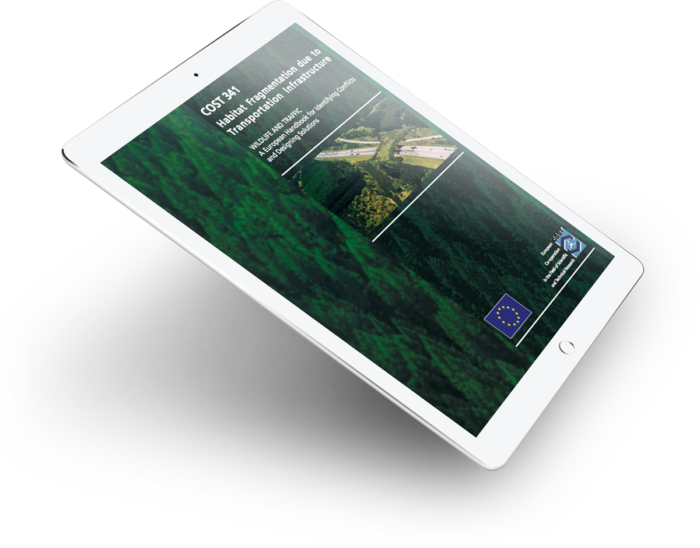Challenges & opportunities for the conservation of reptiles and large carnivores during linear infrastructure development in South-East Europe: a case study for the Kresna area, Bulgaria
Hosting a wide range of important species, from invertebrates to large carnivores, and being a critical ecological corridor in the Southwestern Bulgaria region, the Kresna area, including the Kresna Gorge along with the Struma River, is one of the key biodiversity hot spots in the Balkans and Europe.
At the same time, the Kresna Area is intersected by one of the most important European transport routes for the Orient/East-Mediterranean Corridor, and at present new and/or upgrading infrastructure projects are being discussed for the area.
To exchange experience and best practices on sustainable and integrated development of transport corridors by responding to the needs of ensuring ecological connectivity, conserving biodiversity and achieving resilience to climate change challenges,
• the Convention on the Conservation of European Wildlife and Natural Habitats (Bern Convention) and Infrastructure and Ecology Network Europe (IENE) in cooperation with
• the Ministry of Environment and Water of the Republic of Bulgaria and the Bulgarian NGO BALKANI Wildlife Society and
• the possible support of other relevant institutions such as JASPERS, CEDR, etc.,
are pleased to organise the Technical Workshop on “Challenges & opportunities for the conservation of reptiles and large carnivores during linear infrastructure development in Southeast Europe: a case study for the Kresna area”.
The workshop will take place in the town of Sandanski, Bulgaria, on 22-24 April 2024 and will include:
Day 1 – 22nd April: Introduction to the area and presentations of challenges and experience from a local and European perspective on the conservation of reptiles, large carnivores, and strategic planning during the development of linear infrastructure projects
Day 2 – 23rd April: Field visit to the Kresna area and applied discussions
Day 3 – 24th April: Round table discussions on best practices relevant for the local context and joint conclusions
If you are interested in participating as a presenter, please note that you will be requested to submit an abstract in English, which will be reviewed by the Organisers.
Abstracts can be submitted until 31st March and a Book of Abstracts will be prepared and published online after the Workshop in cooperation with Infrastructure and Ecology Network Europe (IENE).
A detailed agenda of the workshop will be shared in April after the completion of the abstract’s submission
For general and practical queries, please contact the Bern Convention secretariat:
Mr. Eoghan KELLY – Eoghan.KELLY@coe.int, with bern.convention@coe.int in copy.
For queries related to the submission of abstracts, please contact:
Mr. Lazaros GEORGIADIS (lazgeo36@gmail.com) and Mr. Radu MOT (greenlightserv@gmail.com) with bern.convention@coe.int in copy.
